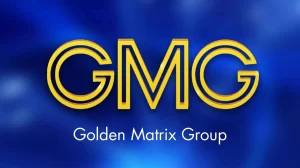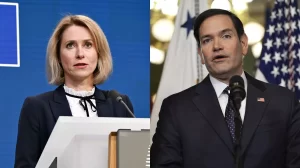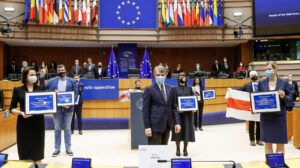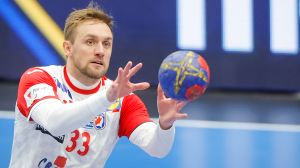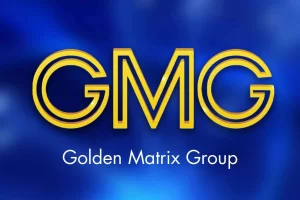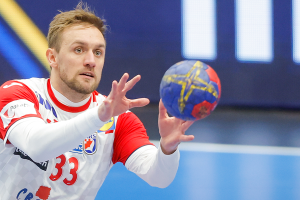
Egg prices have risen sharply, and these prices go up by more than 70% before reaching consumers, making them the most expensive eggs in the EU at €292 per 100 kilos, an analysis by the Novi List daily published on Monday showed.
For consumers in the largely Catholic nation of Croatia, this spring’s Easter feast might be a luxury as they may be forced to buy the most expensive eggs. Novi List points the finger at retailers and the cost of the entire supply chain, as their analysis calculates that, on average, the prices of eggs go up by more than 70% before reaching consumers, while a selection of various vegetables and fruit such as potatoes, carrots, strawberries, and tomato are commonly sold at 50-60% markup compared to wholesale prices.
Energy prices and farming production costs increased there as much as anywhere else, and there were no large-scale cullings on record. Moreover, Croatian farms produce enough eggs to cover 90% of the local market’s demand so there is no need for imports.
According to data from the agriculture ministry’s service TISUP, which tracks wholesale prices of fresh produce, the wholesale prices of eggs classified L and M (53-73 grams in weight) in January were the highest out of all EU countries, at €292 per 100 kilos.
The next most expensive country is Hungary, where eggs cost €277 per 100 kilos, while in neighbouring Slovenia eggs cost, on average, around €213 per 100 kilos – or 27% less than in Croatia.
Prices of eggs rose sharply in the second half of 2022, fuelled primarily by the increase in prices of chicken feed and energy, as well as outbreaks of avian flu which according to Novi List led to the preventative putting down of some 50 million animals at poultry farms around Europe.
Source: euractiv


